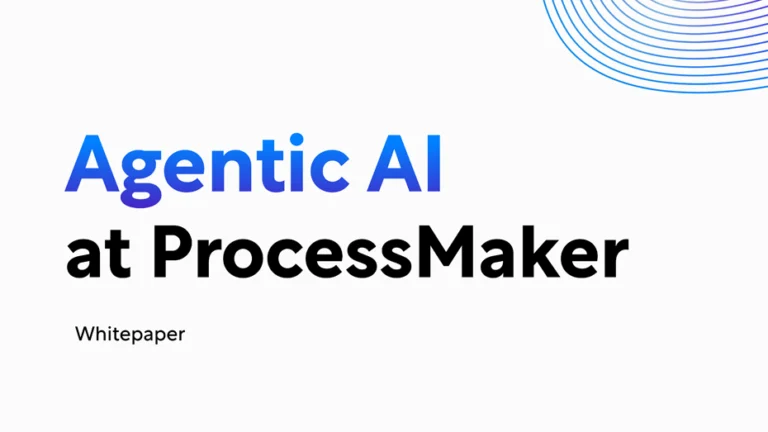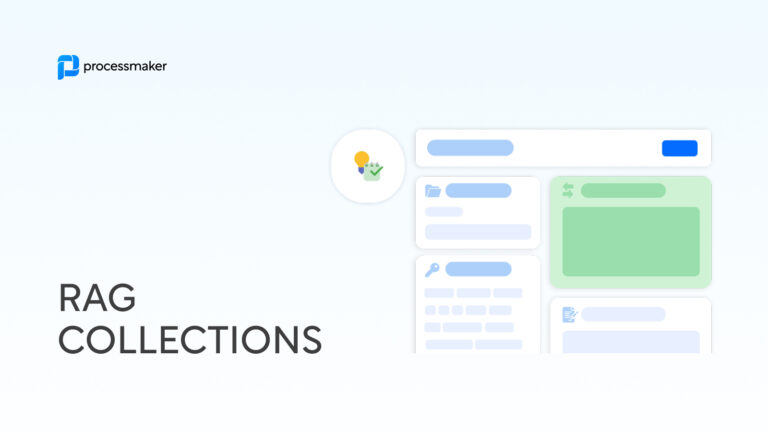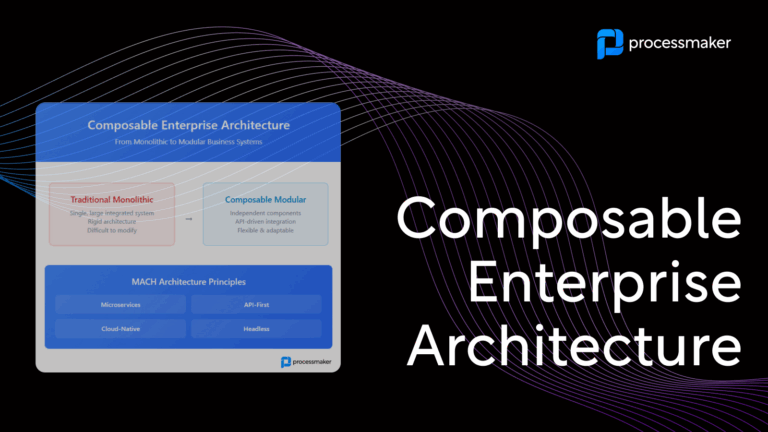If you have already used business process management (BPM) software to power workflows, perhaps you are already familiar with the benefits: reduced paperwork, more efficient use of resources and improved business outcomes. With BPM software, access to metrics and easy process modification and optimization further enhance these benefits.
Now, imagine seeing your process become more powerful with each case that you execute. What if you could automatically optimize processes using technological advances that combine process data and increasingly accurate decision making? Pairing BPM software with machine learning can do just this.
What is Machine Learning?
Machine learning is an area of artificial intelligence that has matured in recent years. It consists of algorithms that use machine data to calculate improvements and patterns, creating an ongoing positive feedback loop of process optimization. Existing machine learning tools already have libraries ready to implement in combination with BPM applications to start improving processes immediately.
Why Machine Learning and BPM?
BPM software already collects and stores detailed process information generated with each case. Paired with machine learning, process data can improve decision making by identifying patterns as the process advances through the workflow. Processes powered by machine learning detect patterns and make selections that humans would either not find or take a long time to calculate. Sales forecasts, consumer demand, and fraud detection are just a few ways to apply machine learning to processes automated with BPM software.
Can I Integrate Machine Learning with BPM Software?
If your BPM platform supports PHP 7, it is possible to use the PHP-ML library to implement machine learning in business processes. This library features association rule learning, classification, regression, clusters, metrics, neural networks, feature extraction, pre-processing, and cross-validation. Implement these features in business processes through a custom plugin enabled in your BPM platform to analyze process data. A line of code is enough to start analyzing workflows. Each time a case is run and process data is generated, patterns and improvements become more accurate.
Google also offers powerful API endpoints that use machine learning to perform image, speech, and language recognition. Use these endpoints to detect individual objects and faces within images, make automatic translations, and parse speech into text. Furthermore, integrate these API endpoints into processes to leverage these capabilities in automated workflows.
Some of the available machine learning APIs offered by Google include:
- Google Cloud Natural Language API
- Google Cloud Speech-to-Text API
- Google Cloud Translation API
- Google Cloud Vision API
With these two options, the ability to enhance automated processes is at your fingertips. Integrating machine learning into your processes via the PHP-ML library or Google API can help your company go far toward process optimization. Intrigued about Machine Learning and BPM in your organization? Explore ProcessMaker’s Library of Google Connectors.





